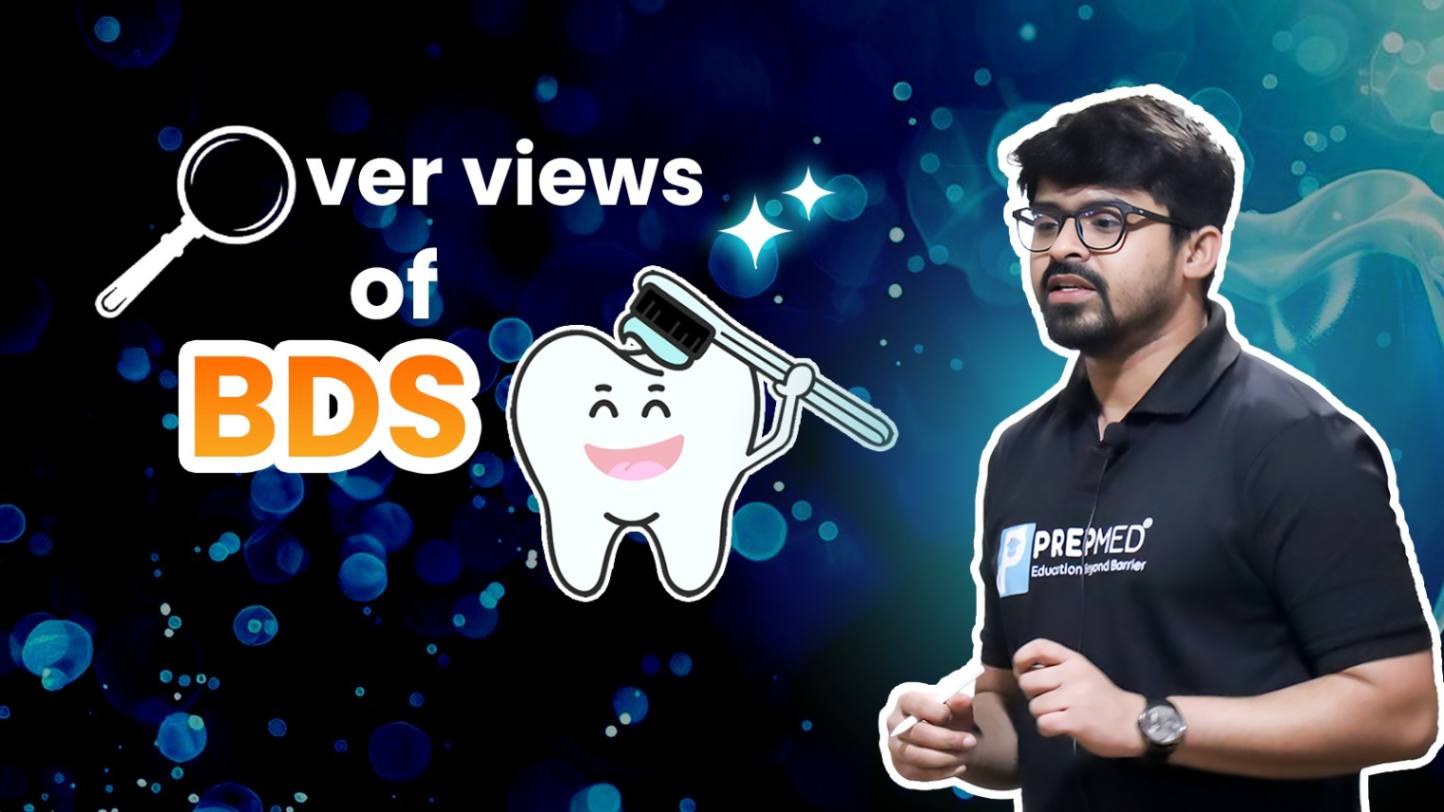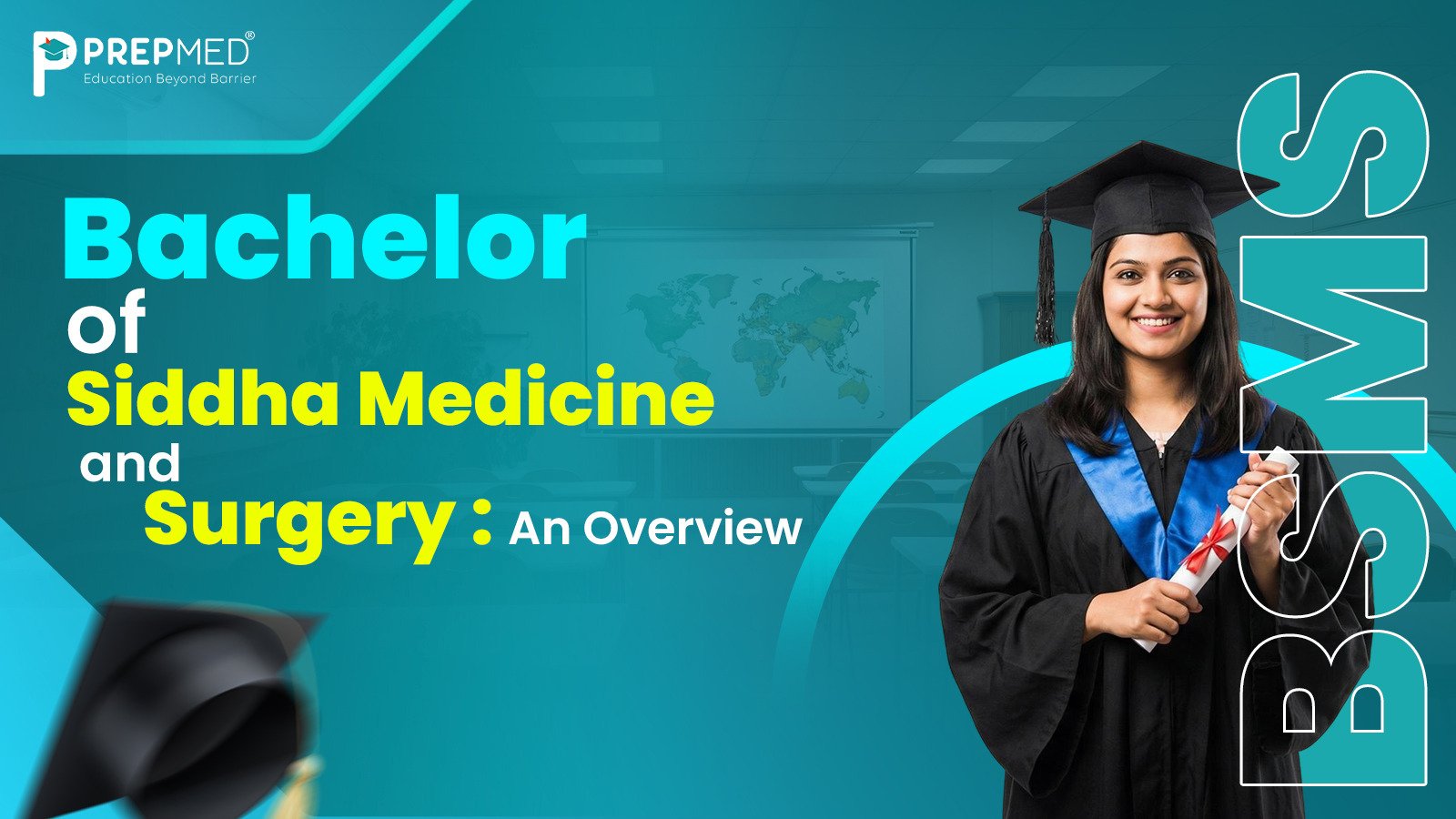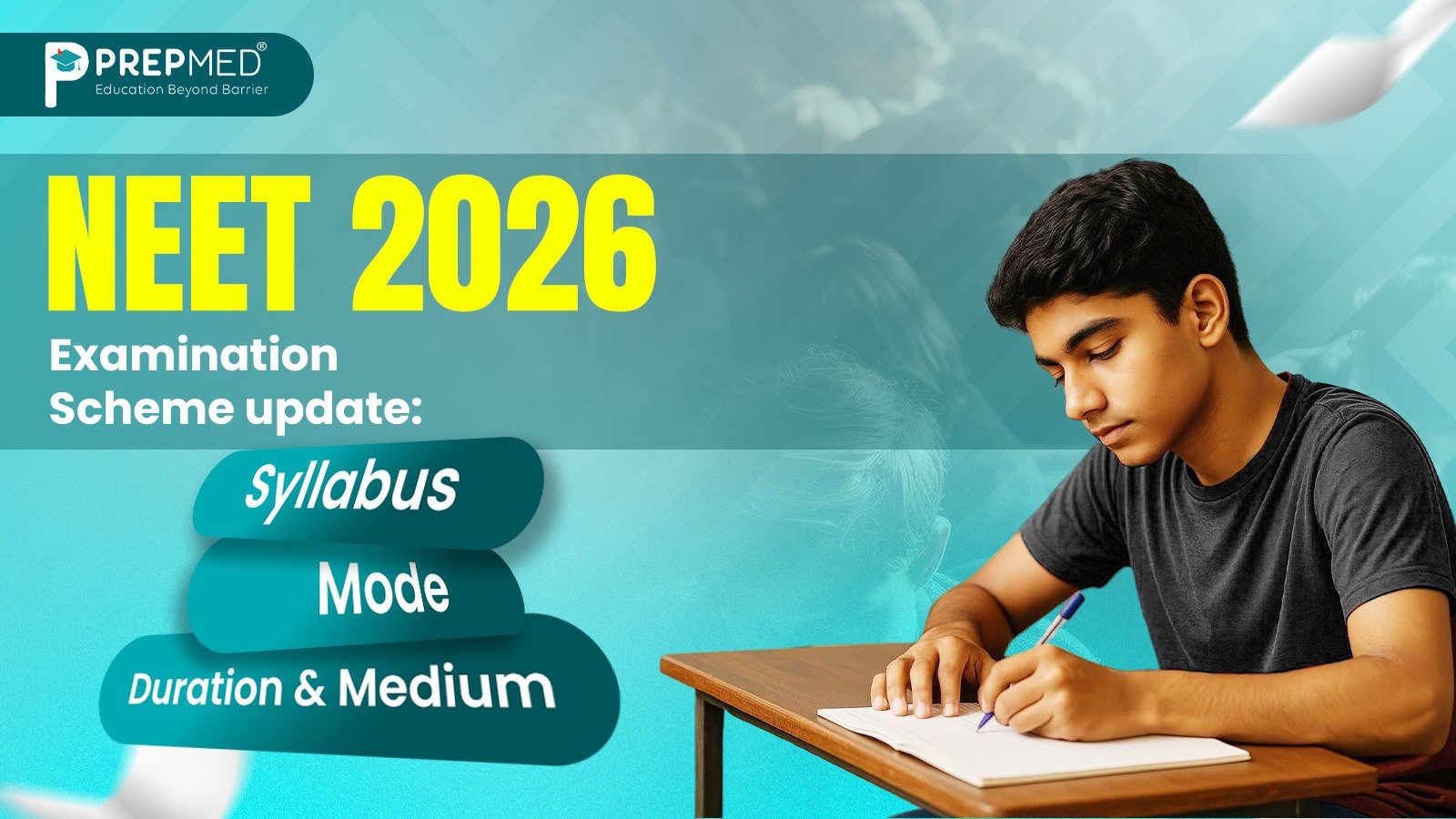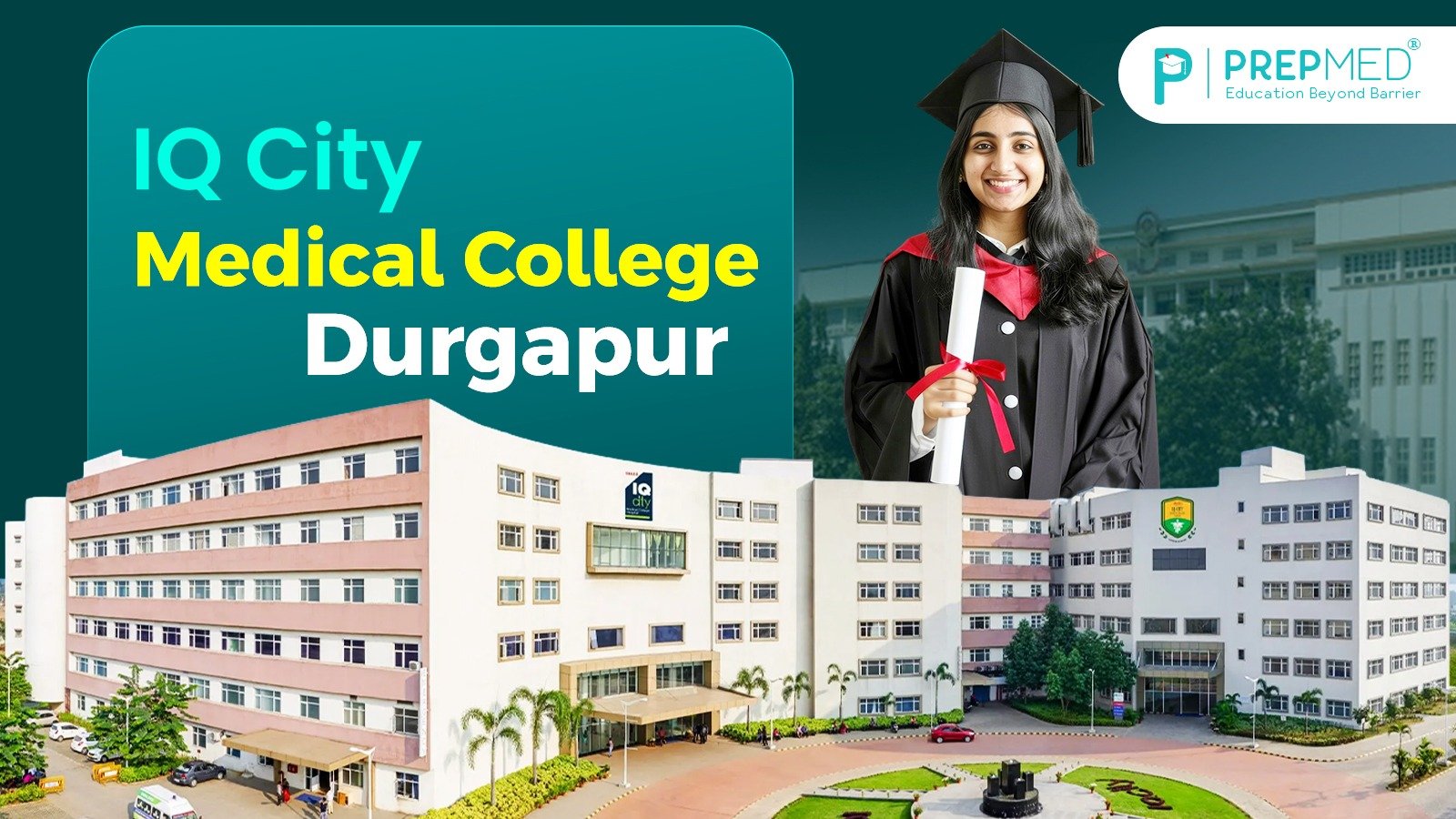September 01, 2024
Overview of BDS
Introduction:
A Bachelor’s in Dental Surgery (BDS) is a five-year degree that prepares students to become skilled dentists, providing them with both the knowledge and practical skills they need for the profession. BDS programs are offered by various medical colleges and dental schools, accredited by the Dental Council of India (DCI).
Duration:
The duration of the course is 5 years. The first 4 years comprise academic training and an internship in the final year.
Eligibility Criteria:
Admission to BDS programs is typically based on merit, as determined by entrance examinations conducted by various state governments or national organizations like the National Eligibility cum Entrance Test (NEET), and the All India Institute of Medical Sciences (AIIMS) Entrance Exam.
Course Structure:
Year 1: Basic Sciences
The first year focuses on foundational subjects essential for understanding dental sciences:
- Human Anatomy
- Physiology
- Biochemistry
- Dental Materials
Year 2: Pre-Clinical Studies
In the second year, students begin to delve into more specialized studies:
- Oral Pathology
- Microbiology
- Pharmacology
- Pre-Clinical Prosthodontics and Conservative Dentistry
Year 3: Clinical Training
The third year marks the beginning of clinical training, where students need to apply their knowledge in real-world settings:
- Oral Surgery
- Pedodontics
- Orthodontics
- Periodontics
Year 4: Advanced Clinical Practice
During the fourth year, students advance their clinical skills and take on more complex cases.
- Advanced Prosthodontics
- Oral Medicine and Radiology
- Public Health Dentistry
Year 5: Internship and Practical Experience
The final year is dedicated to internships and practical experience, allowing students to work in dental clinics under supervision. This period is crucial for developing hands-on skills and gaining real-world experience.
Key Skills Developed:
- Clinical Skills: Proficiency in diagnosing and treating dental conditions.
- Technical Skills: Use of advanced dental equipment and technologies.
- Problem-solving: Analytical skills to address complex dental issues.
Empathy and Patience: Essential for patient care and management.
Career Opportunities
Upon completion of the BDS program, graduates can pursue a variety of career paths, including:
- Private Dental Practice: Setting up a private dental clinic is a common career choice for BDS graduates.
- Government Dental Services: Graduates can work in government hospitals and clinics, providing dental care to the public.
- Dental Research: Those with a research inclination can pursue careers in dental research institutions or universities.
- Teaching: BDS graduates can teach at dental colleges and universities, sharing their knowledge and expertise with future generations of dentists.
- Specialization: After gaining experience, dentists can specialize in a particular area of dentistry, such as orthodontics, pediatric dentistry, or oral and maxillofacial surgery.
Conclusion
A Bachelor's in Dental Surgery (BDS) offers a rewarding and challenging career path. By acquiring the necessary knowledge and skills, BDS graduates can play a vital role in promoting oral health and improving the quality of life for individuals of all ages.
Frequently Asked Questions (FAQ’s):
1. What is the duration of the BDS program?
The BDS program is a 5-year degree program. The first 4 years involve academic training across various subjects, while the final year is dedicated to an internship for practical experience.
2. What are the eligibility criteria for admission to a BDS program?
To be eligible for admission to a BDS program, candidates usually need to clear entrance examinations such as the National Eligibility cum Entrance Test (NEET) or other state and national-level exams. Admission is generally based on merit determined by these entrance tests.
3. What subjects are covered in the first year of the BDS course?
In the first year, the BDS course focuses on basic sciences essential for dental studies, including Human Anatomy, Physiology, Biochemistry, and Dental Materials.
4. What skills are developed during the BDS program?
The BDS program helps students develop several key skills, including clinical skills for diagnosing and treating dental conditions, communication skills for interacting with patients and professionals, technical skills for using dental equipment, problem-solving abilities for complex issues, and empathy and patience for effective patient care.
5. What career opportunities are available for BDS graduates?
BDS graduates have various career options, including setting up a private dental practice, working in government dental services, engaging in dental research, teaching at dental colleges, and specializing in areas like orthodontics or oral and maxillofacial surgery.
For more details on PrepMed and to find the nearest coaching center, visit PrepMed’s official website
Follow Us - on Facebook /Instagram/ YouTube






